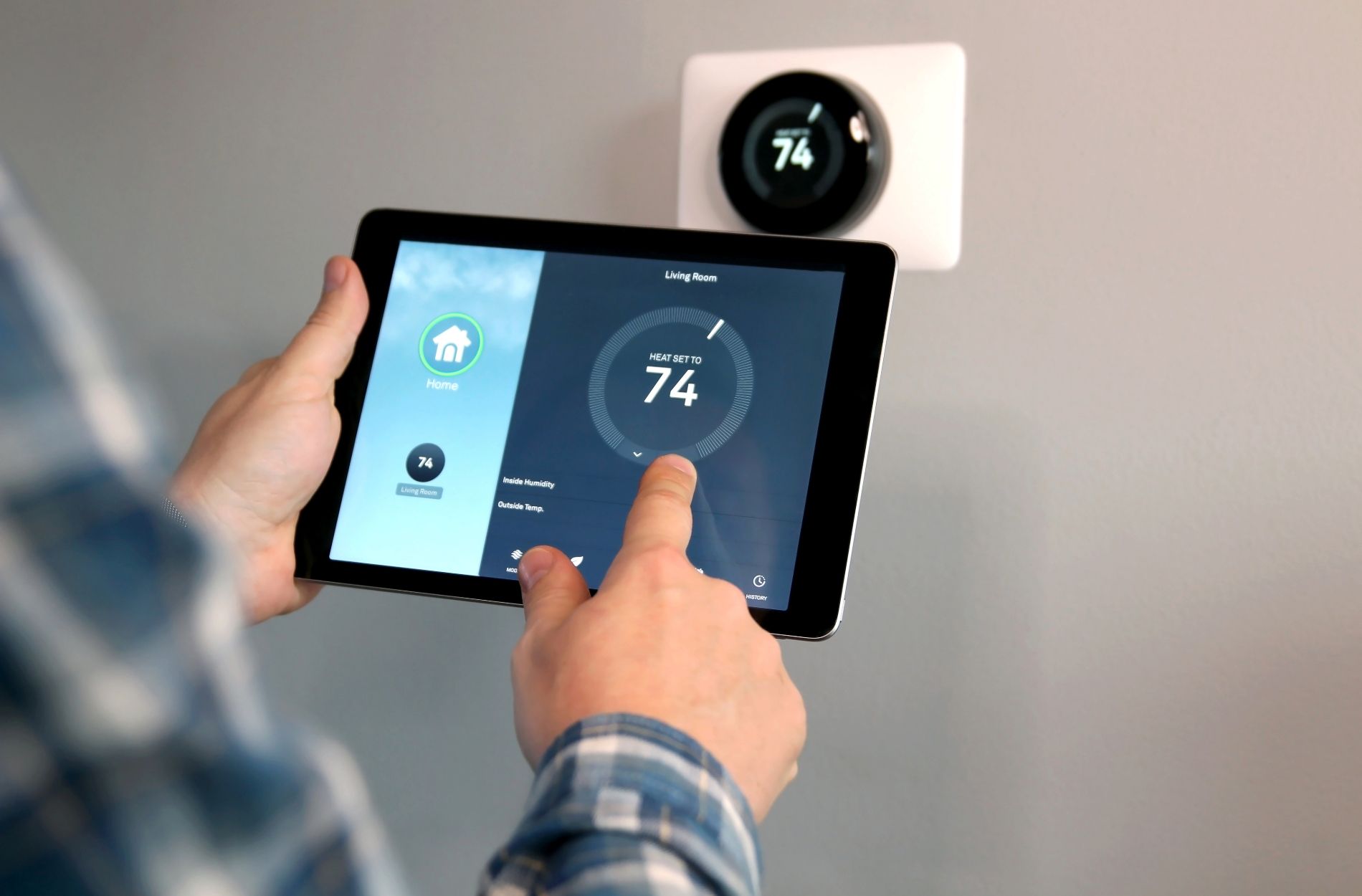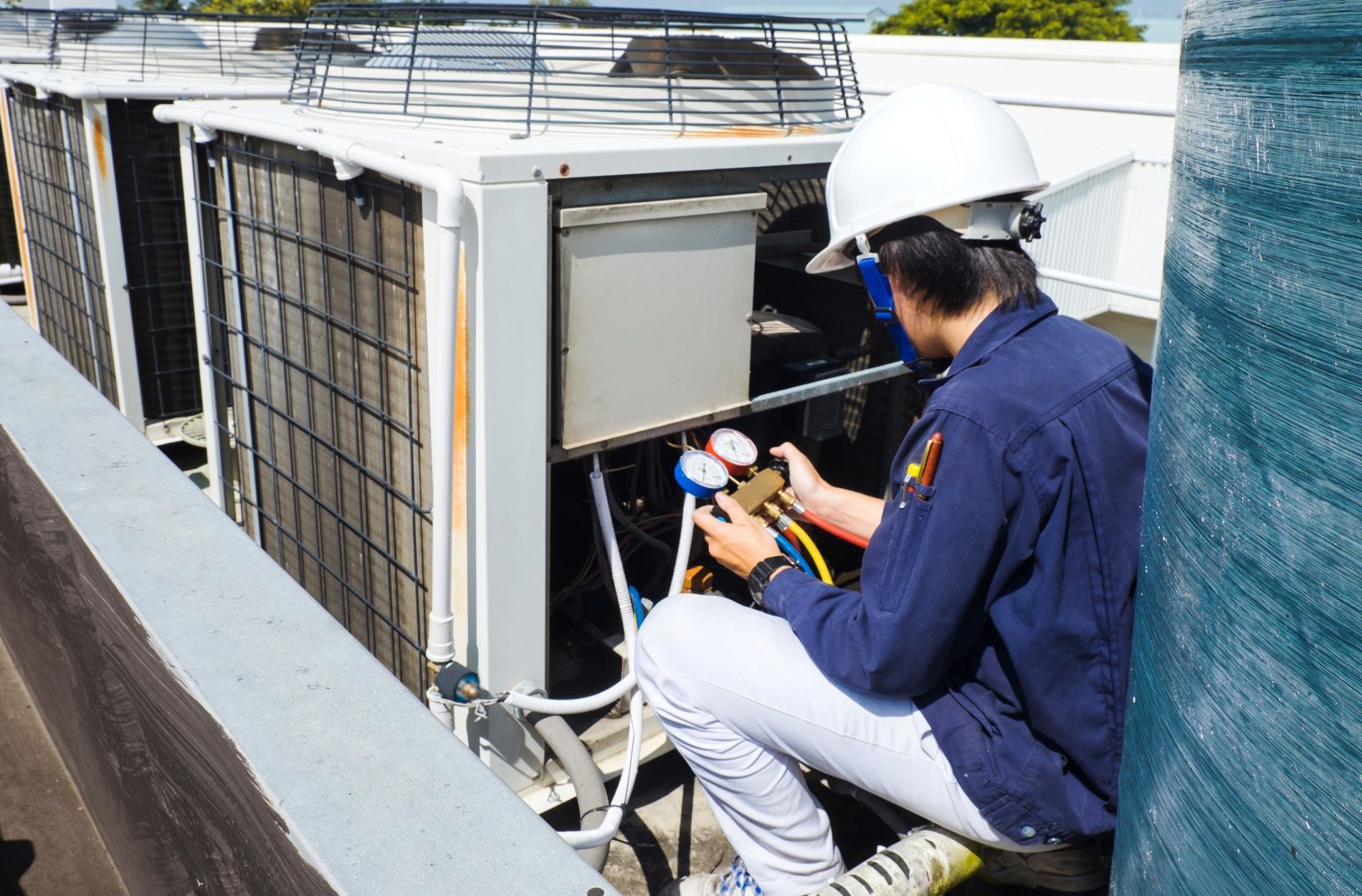The Benefits of Energy-Efficient HVAC Systems: Save Money and Reduce Your Carbon Footprint
As homeowners become increasingly concerned about their environmental impact and rising energy costs, focusing on energy-efficient heating and cooling systems is now more important than ever. Investing in an energy-efficient HVAC system can significantly reduce your home's carbon footprint and save money on your utility bills while still enjoying a comfortable living environment. As an experienced provider of high-quality HVAC services, Anytime Heating & Air believes in the importance of energy efficiency and is dedicated to helping our customers achieve optimal performance while minimizing environmental impact.
Our team of skilled technicians is devoted to helping homeowners identify their unique needs and select the most suitable energy-efficient heating and cooling solutions for their homes. We understand that each home is different and that energy efficiency depends on various factors, including climate, insulation, and system efficiency. Therefore, we specialize in assessing your specific situation and delivering tailored solutions to maximize your energy savings and reduce your environmental footprint.
In this blog post, we will explore the advantages of energy-efficient HVAC systems, provide information on what to look for when selecting a new system, and detail how our professional services can help you make the best decision for your home and the environment. We're committed to assisting you in making informed choices regarding your HVAC system and providing exceptional, environmentally conscious services.
Understanding Energy Efficiency in HVAC Systems
Energy efficiency refers to a system's ability to provide the desired output while consuming the least energy possible. In the context of HVAC systems, this means achieving optimal indoor temperatures with minimal energy consumption. Energy-efficient systems work smarter, not harder, by utilizing advanced technology and innovative designs to optimize performance. Some key aspects of energy-efficient HVAC systems include:
1. High Seasonal Energy Efficiency Ratio (SEER) Ratings: These ratings indicate an air conditioner's cooling efficiency, with higher ratings signifying greater efficiency.
2. High Annual Fuel Utilization Efficiency (AFUE) Ratings: This metric measures a furnace's heating efficiency, and a high rating indicates better energy efficiency.
3. Variable Speed Technology: This feature adjusts the speed of the system's fans and blowers according to the specific needs of your home, consuming less energy when full capacity is not required.
4. Properly Sized Systems: An HVAC system must be appropriately sized for your home to ensure optimal efficiency and performance. An oversized or undersized system can lead to increased energy consumption and decreased comfort.
Advantages of Energy-Efficient HVAC Systems
Investing in an energy-efficient HVAC system offers various benefits beyond reducing your carbon footprint. Some primary advantages of energy-efficient heating and cooling systems include:
1. Lower Energy Bills: By minimizing energy consumption, you'll see a significant reduction in your utility bills, providing substantial long-term savings.
2. Enhanced Comfort: Energy-efficient systems often feature advanced technologies, such as variable speed motors and smart thermostats, that help maintain consistent, comfortable indoor temperatures.
3. Reduced Environmental Impact: By using less energy, your HVAC system emits fewer greenhouse gases contributing to climate change, reducing your home's carbon footprint.
4. Increased Home Value: Installing an energy-efficient HVAC system can increase your home's value and appeal to environmentally conscious buyers in the housing market.
Selecting the Right Energy-Efficient HVAC System for Your Home
When exploring energy-efficient HVAC options, it's crucial to consider various factors and specifications to find the ideal system for your home. Some key aspects to consider include:
1. System Type: The type of HVAC system you need, such as a central air conditioner, heat pump, or furnace, will depend on your home's size, structure, and climate. Our expert technicians can help you determine the best system for your specific needs.
2. SEER and AFUE Ratings: Look for systems with higher SEER and AFUE ratings, which signify better energy efficiency. As a general guideline, central air conditioners should have a SEER rating of at least 14, while furnaces should have an AFUE rating of 90% or higher.
3. Proper Sizing: Work with a professional HVAC technician to determine the appropriate size for your new system. An improperly sized system can lead to inefficient operation and decreased comfort.
4. Additional Energy-Efficient Features: Consider HVAC systems with additional energy-saving features, such as variable speed motors and programmable thermostats, to enhance your system's efficiency further.
Our Professional Services for Energy-Efficient HVAC Solutions
Upgrading to an energy-efficient HVAC system is a significant investment, and our team of experienced professionals is ready to guide you through the process. We provide a range of services to help you choose and install the perfect system for your home:
1. Home Assessments: Our technicians will thoroughly assess your current system, insulation levels, home size, and other factors to provide tailored recommendations on the best energy-efficient HVAC solution for your specific needs.
2. Installation Services: Our skilled technicians have the expertise to ensure your new energy-efficient system is correctly installed for maximum performance, comfort, and efficiency.
3. Maintenance and Tune-Ups: Regular maintenance will help keep your energy-efficient system operating at peak performance. We offer routine maintenance services to protect your investment and ensure your system remains reliable and efficient year-round.
4. Education and Guidance: We're committed to providing our customers with expert guidance and information on energy-efficient HVAC systems, including tips on how to get the most out of your new system and reduce your overall energy consumption.
Invest in Energy-Efficient HVAC Solutions for a Greener, More Affordable Home
By investing in an energy-efficient HVAC system, you not only save money on your utility bills but also contribute to a healthier environment by reducing your home's carbon footprint. Anytime Heating & Air’s team of professionals is dedicated to helping you make the best eco-conscious choices for your home's heating and cooling needs.
Contact us today to learn more about energy-efficient HVAC systems and how our team of professionals can help you reduce your energy consumption, lower your utility bills, and minimize your home's environmental impact.


